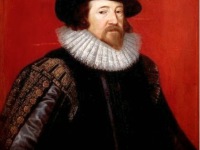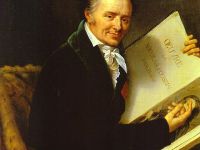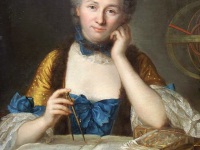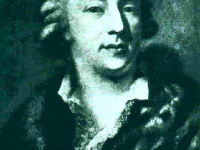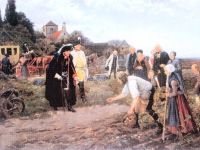Sir Francis Bacon and the Scientific Method
On January 22, 1561, English philosopher, statesman, scientist, jurist, orator, essayist, and author Sir Francis Bacon was born. Bacon has been called the creator of empiricism. His works established and popularized inductive methodologies for scientific inquiry. “Knowledge, that tendeth but to satisfaction, is but as a courtesan, which is for pleasure, and not for fruit or generation.” — Francis Bacon, as quoted in Valerius Terminus: Of the Interpretation of Nature (ca. 1603) Scholasticism…
Read more

